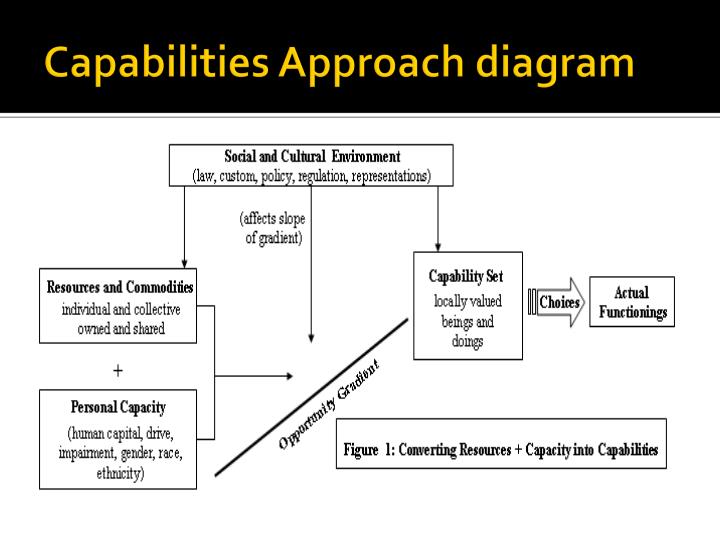[Revised entry by Ingrid Robeyns and Morten Fibieger Byskov on April 17, 2025.
Changes to: Main text, Bibliography]
The capability approach is a theoretical framework that entails two normative claims: first, the claim that the freedom to achieve well-being is of primary moral importance and, second, that well-being should be understood in terms of people’s capabilities and functionings. Capabilities are the doings and beings that people can achieve if they so choose – their opportunity to do or be such things as being well-nourished, getting married, being educated, and travelling; functionings are capabilities that have been realized….
Post Views: 3
Read the full article which is published on Stanford Encyclopedia of Philosophy (external link)






